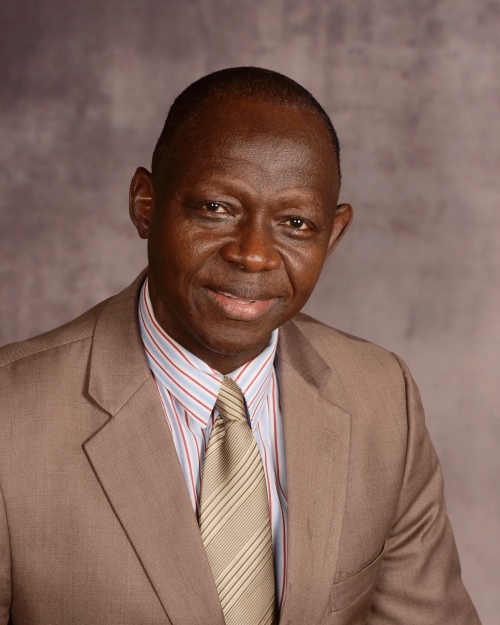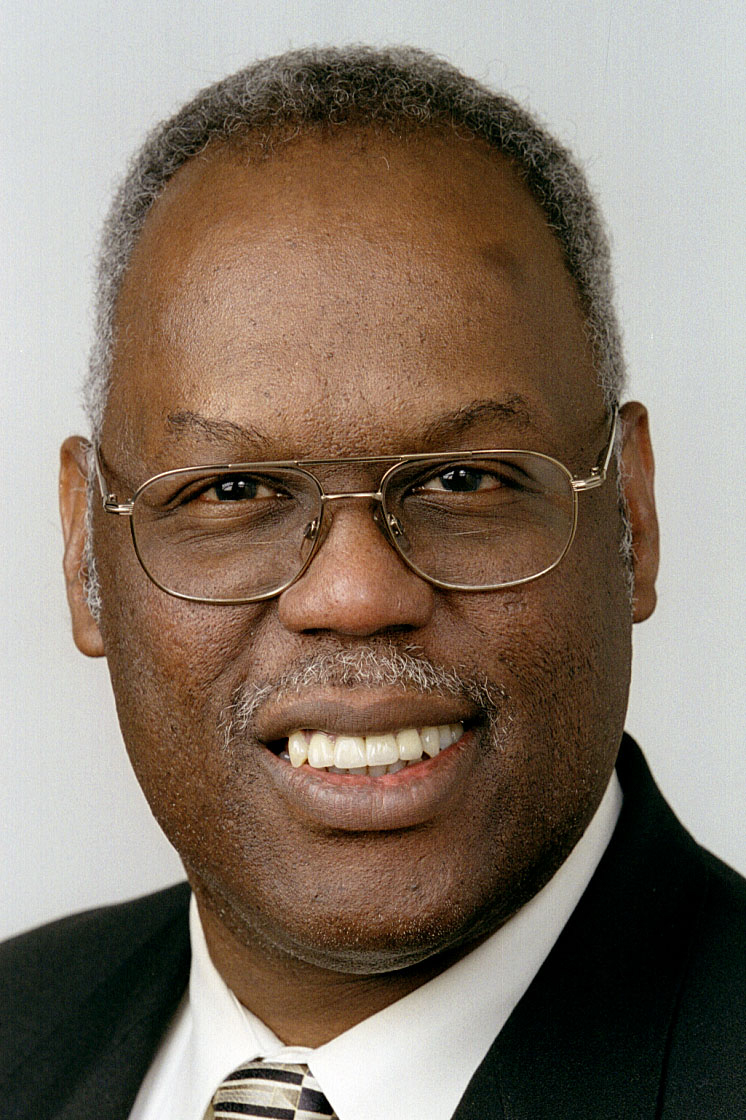African bishops called on The United Methodist Church to confront global terrorism and hold the line on church teachings regarding human sexuality.
“As leaders of the church, we believe that there are far more important issues that unite us than issues of sexual orientation,” the bishops said in “a statement on the state of global UMC and our common world.”
“As a church, we are called to be in solidarity with people who suffer as a result of unjust political systems, wars, famine, poverty, natural disasters, diseases, illiteracy, etc. We believe that we can be united around these issues rather than allow ourselves to be ripped apart by issues of sexual orientation.”
The bishops registered alarm at the rise of terrorist organizations such as ISIS (Islamic State Group) in the Middle East, Boko Haram in Nigeria and Al Shabab in eastern Africa. These groups’ insurgencies have resulted in “massive human rights abuses against innocent, helpless and defenseless families… and the horrible refugee crisis that has engulfed and overwhelmed parts of Europe and Africa,” their statement said.
The bishops also said that they are “deeply saddened” because as they see it, the Bible and the Book of Discipline, the denomination’s policy book, are being ignored in how some United Methodists minister with lesbian, gay, bisexual and transgender individuals. They noted that church teachings only affirm sexual relations in monogamous, heterosexual marriage, and not in same-sex unions or polygamy.
Sierra Leone Area Bishop John K. Yambasu, who coordinated the statement and is one of its signers, said the bishops hope their words might prompt more conversation among church members.
“For far too long, the voice of the African church has been silent, especially on global issues,” he told United Methodist News Service “We felt that at a critical moment like this we needed to come out with a voice so that the global church will hear. And then it might provoke more conversation at every level of the church for us to be more intentional as a denomination to facing the realities of the day.”
San Francisco Area Bishop Warner Brown Jr., the president of the Council of Bishops, said his African colleagues were speaking out of their context. He also told UMNS that the full council, which includes active and retired bishops, has not had the chance yet to discuss the statement.
"One of the unfortunate things about the debate that exists around human sexuality is that it has given the false impression that that is the only issue we want to discuss," he said. "We are actively working together, including people who may disagree on human sexuality, on issues of justice and healing."

Sierra Leone Area Bishop John K. Yambasu. Photo courtesy of the Council of Bishops
How the statement came about
The African bishops’ statement follows their Sept. 7-11 meeting in Victoria Falls, Zimbabwe, that brought them together from across the continent. They finalized the statement this week during the active bishops’ learning retreat in Lake Junaluska, North Carolina, Yambasu said. That meeting is closed to the press.
Africa’s 13 active bishops and one retired bishop signed the statement.
The statement comes at a time when church leaders are preparing for General Conference, the denomination’s top lawmaking body. The assembly, which typically debates proposals related to human sexuality as well as ways the church can address global problems, will meet May 10-20, 2016, in Portland, Oregon.
The bishops recommended that the 2016 General Conference include daily prayer “for the return of our denomination to biblical teachings, the unity of the church” as well as the end of “global terrorism (remembering the millions of refugees) and the cessation of wars around the globe.”
Since the flow of refugees to Europe increased this summer, European and U.S. bishops and others have advocated that these “fellow pilgrims” find welcome in their countries.
However, Yambasu said United Methodists can do more to address the causes of the refugee crisis, namely the instability, poverty and violence that provokes so many to risk so much to leave their homes.
“The United Methodist Church is a global church, and we are almost on every corner of the globe,” he pointed out. “We have networks all over, but we have not been able to empower our networks to work within our own countries, within our own regions, to begin to address these issues.”

Bishop Warner Brown Jr., president of the Council of Bishops. Photo by Mike DuBose, UMNS
A debate among bishops
In their statement, the African bishops also urge that “the Council of Bishops commit to demonstrating their shepherding responsibility (1 Peter 5:2-4) by acting consistently with the Holy Bible.”
While bishops roundly support welcoming the sojourner and join in condemning violence, they are not of one mind regarding biblical interpretation, especially with regard to LGBT individuals.
The Book of Discipline since 1972 has proclaimed all people are of sacred worth but “the practice of homosexuality is incompatible with Christian teaching.”
Debate over that teaching has intensified during the past four years as more nations around the globe, including the United States, have legalized same-gender civil marriage.
Since 2011, more than 1,000 United Methodist clergy have announced their willingness to defy the prohibition against performing same-gender weddings. Retired Bishop Melvin G. Talbert officiated at a same-sex union in 2013, and subsequently faced a complaint under church law that was resolved at the beginning of this year.
At the same time, homosexual acts are criminalized in 38 of 54 African countries, including most of the 18 African countries that potentially could send delegates to the denomination’s top lawmaking body, General Conference.
Some United Methodists have called for the church to consider splitting over the debate.
Still, Yambasu said he thinks the church has blown the debate on homosexuality out of proportion. He said polygamy is a bigger issue in Africa but that should not dominate General Conference either. There are other matters of life and death for the church to address, he said.
“We think it’s only legislation that will solve our problems, and legislation will not solve all our problems,” he said. “We need to come together as brothers and sisters in this church to really sit down and look at each others’ face and see where God is leading this church and how we can be instruments in his hands.”
Brown added that United Methodists are united in a commitment to honor the call of Christ.
"That conversation can get sidetracked by those places where we disagree," he said. "But even in those disagreements, most of us generally agree about most things."
Hahn is a multimedia news reporter for United Methodist News Service. Contact her at (615) 742-5470 or newsdesk@umcom.org.
Like what you're reading? Support the ministry of UM News! Your support ensures the latest denominational news, dynamic stories and informative articles will continue to connect our global community. Make a tax-deductible donation at ResourceUMC.org/GiveUMCom.



